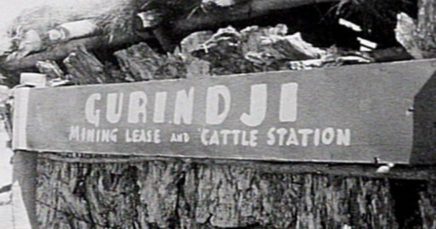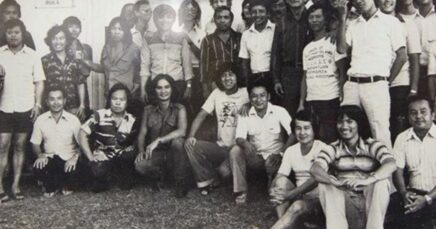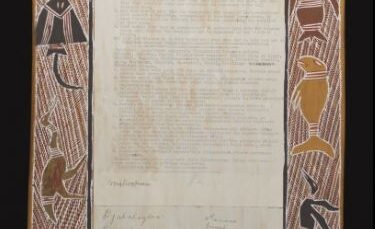WARNING: Aboriginal and Torres Strait Islander readers are warned that the following post may contain images of deceased persons.
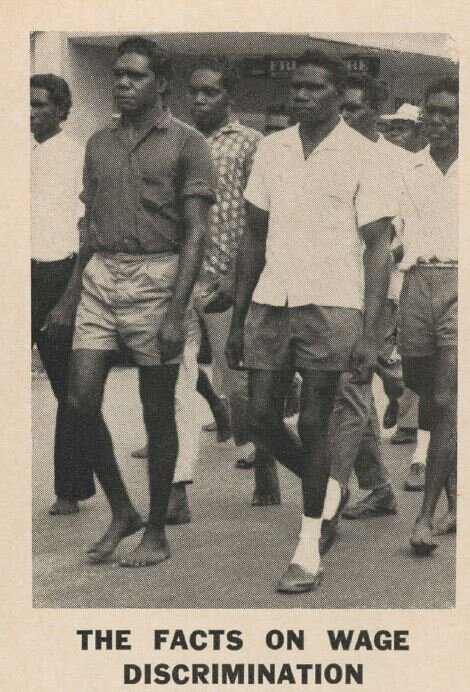
At the ACTU Congress in September 1963, the Australian union movement pledged itself to campaign for wage equality for Aboriginal and Torres Strait Islander workers.
This was an important moment in our union history.
Unions have a proud record of solidarity and of campaigning against racism.
But we have to be open and honest that there are also many occasions when we failed to live up to our defining principle of solidarity.
Too often in our history, as in Australian society at large, unions did not support Aboriginal and Torres Strait Islander peoples in their ongoing struggle for justice.
As a movement, we have to acknowledge these moments and to learn from them.
It is important that we also celebrate the proud history of Aboriginal and Torres Strait Islander workers making change within their unions, and the history of unions demonstrating practical solidarity with Aboriginal and Torres Strait Islander peoples.

The September 1963 Congress was such a moment.
At this time, it was common in many industries for Aboriginal and Torres Strait Islander workers to often be paid around one-third of what non-Indigenous workers were paid.
This came alongside a whole slate of racist laws and restrictions imposed on Aboriginal and Torres Strait Islander people that sought to deny them control over their own lives.
Aboriginal and Torres Strait Islander peoples have a long and proud tradition of campaigning against this racism, and for the dignity and respect that they deserve.
From 1946 to 1949 Aboriginal pastoral workers in the Pilbara launched a strike against racism and for equal pay – with some Aboriginal workers winning award pay rates as a result.

In 1950, Aboriginal and Torres Strait Islander workers at the Berrimah reserve, just outside of Darwin, launched a series of strikes for pay equity, and for broader equality.

There was an ongoing campaign for wage equality in the pastoral industry by organisations such as the Northern Territory Council for Aboriginal Rights, which campaigned under the guidance of prominent Aboriginal and Torres Strait Islander leaders such as its such as its secretary, Davis Daniels.
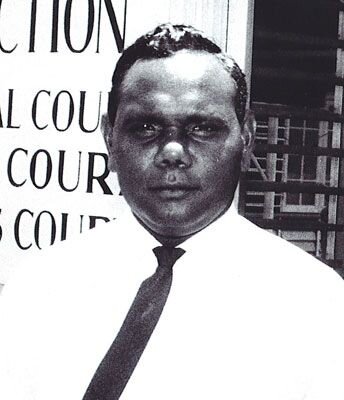
Such activism by Aboriginal and Torres Strait Islander workers and their union allies was the vital background to the September 1963 Congress.
Activists such as Joe McGuinness, President of the Federal Council for the Advancement of Aborigines and Torres Strait Islanders and proud member of the Waterside Workers’ Federation.

In their submission to the Congress policy, the Queensland Trades and Labor Council summed up the issues at stake, writing:
“There must be an end to wage discrimination – economic apartheid – practised particularly on cattle stations” and calling for all Aboriginal and Torres Strait Islander workers to “be paid award rates and conditions” the same as “apply for white people.”
In the years that followed the 1963 ACTU Congress there were renewed efforts to gain wage equality.

In January 1965 the North Australian Workers’ Union lodged an application with the Arbitration Commission to delete the provision of the award covering workers at cattle stations that prevented Aboriginal and Torres Strait Islander workers from gaining equal rights.
In March 1966 the commission handed down its decision in favour of equal wages – but in a racist insult to Aboriginal and Torres Strait Islander workers, deferred this equality until December 1968.
Aboriginal and Torres Strait Islander pastoral workers took action, demanding equality immediately.

The best known of these struggles was the Gurindji walk off at Wave Hill which started in 1966. This nine-year long protest began as a demand for wage equality, but very quickly it was clear that it was also part of a broader struggle against racism, and for respect and recognition.
We remember today the heroism of the Indigenous workers, activists, and leaders who led this incredible movement for equality as we mark this important milestone – but we do so knowing full well that the struggle continues.
The First Nations Workers Alliance continues this campaign for true justice and equality today. Find out more about their work and how you can get involved at https://fnwa.org.au/

